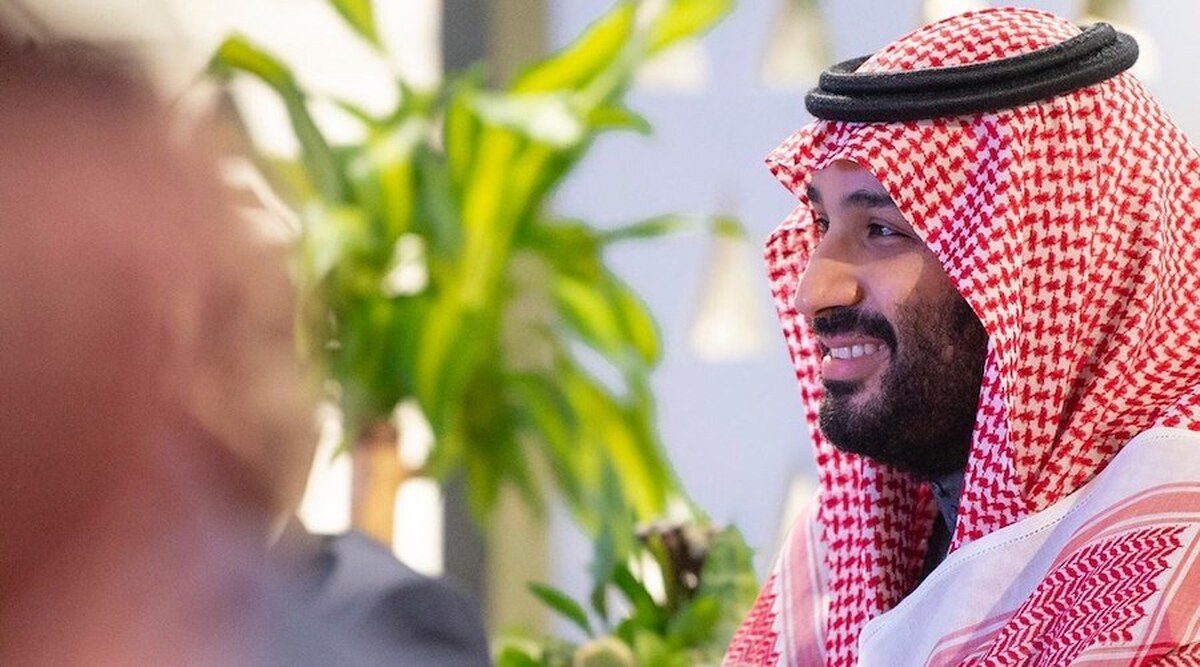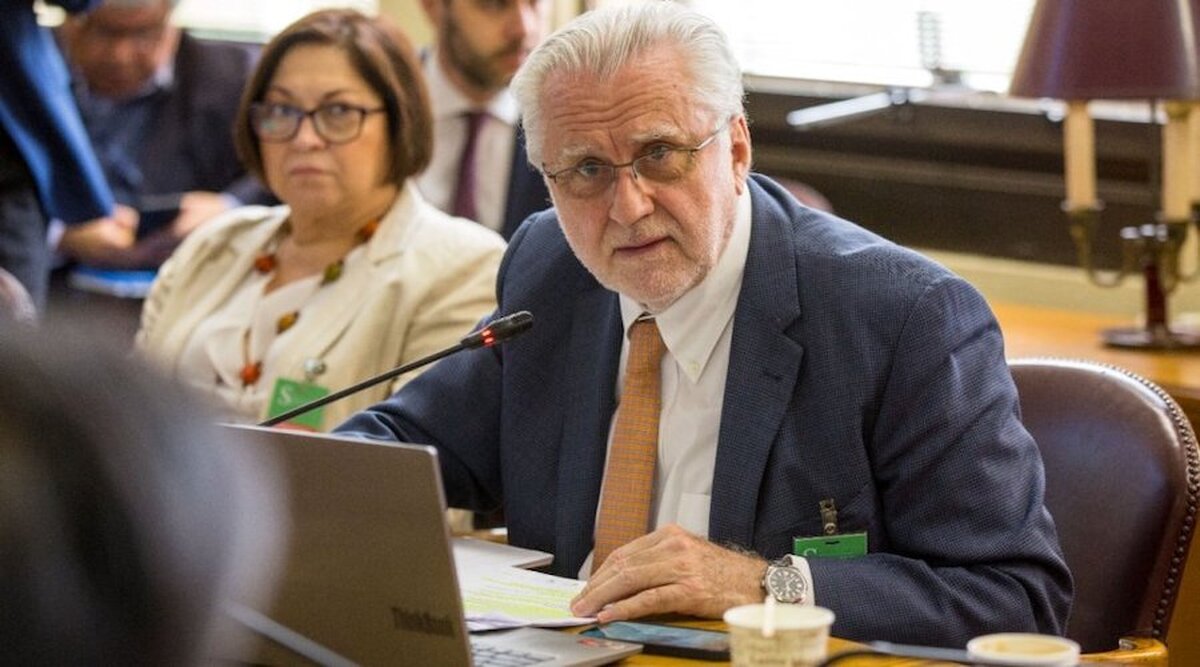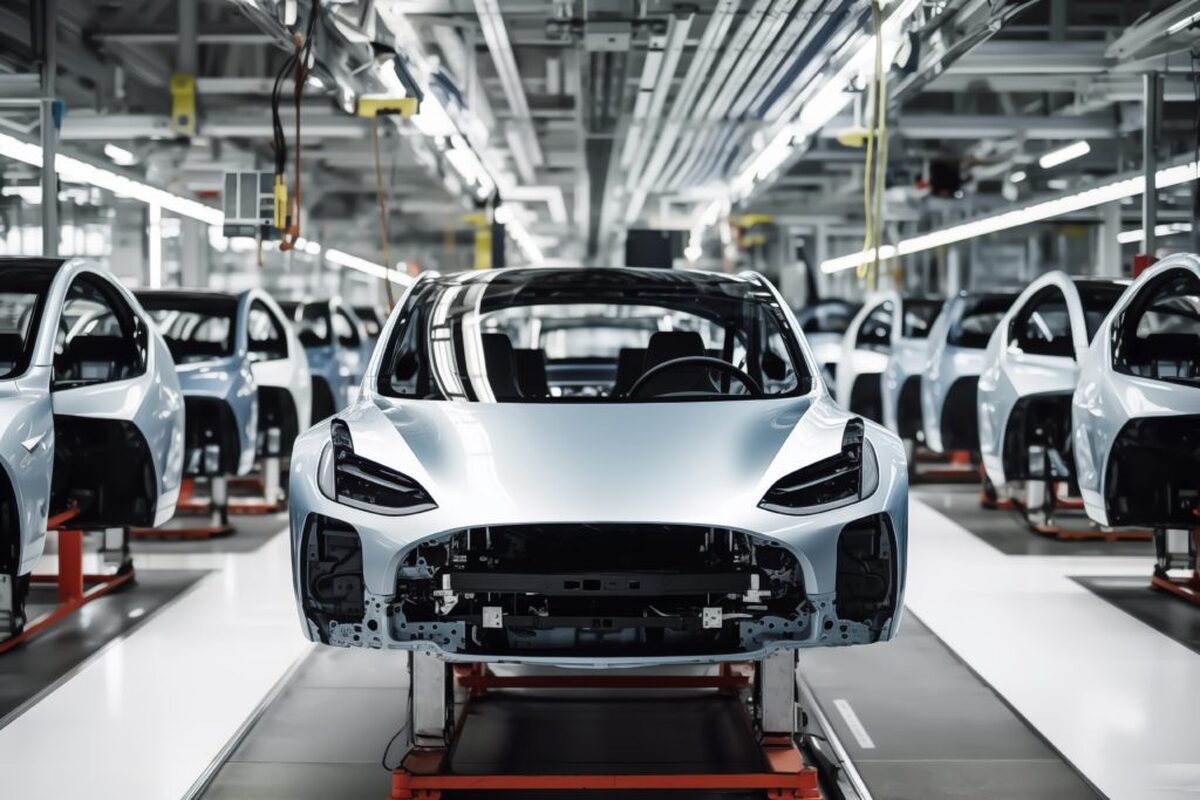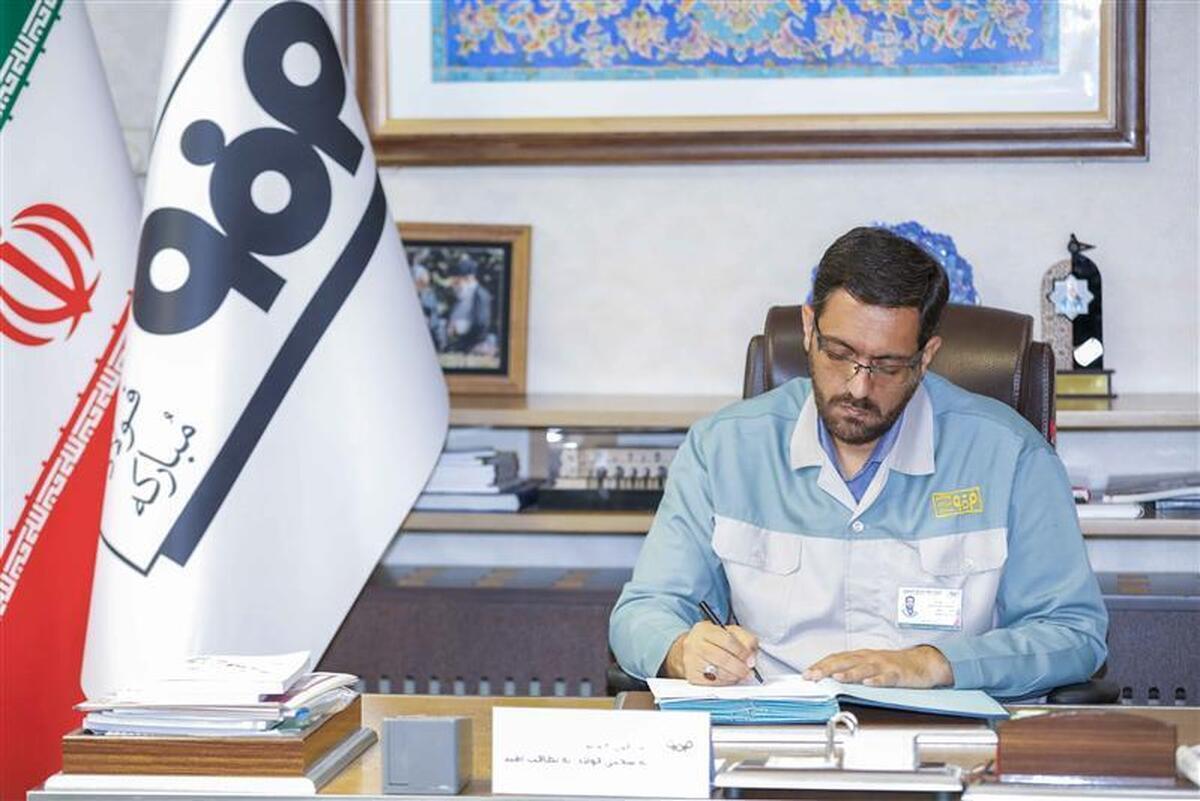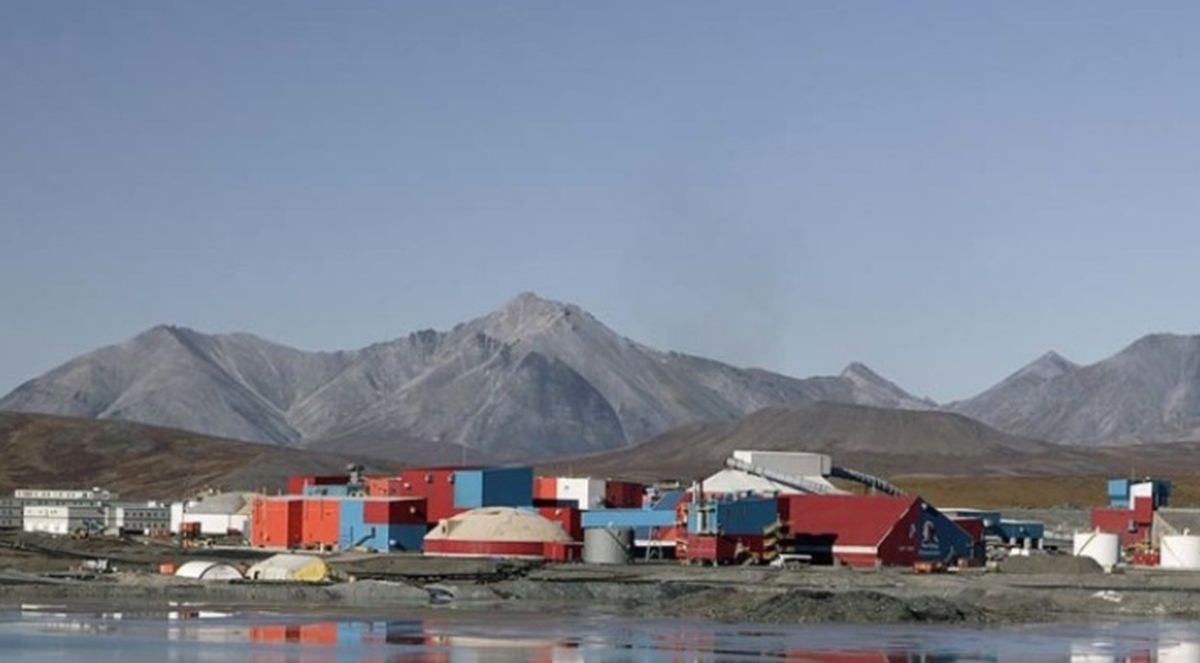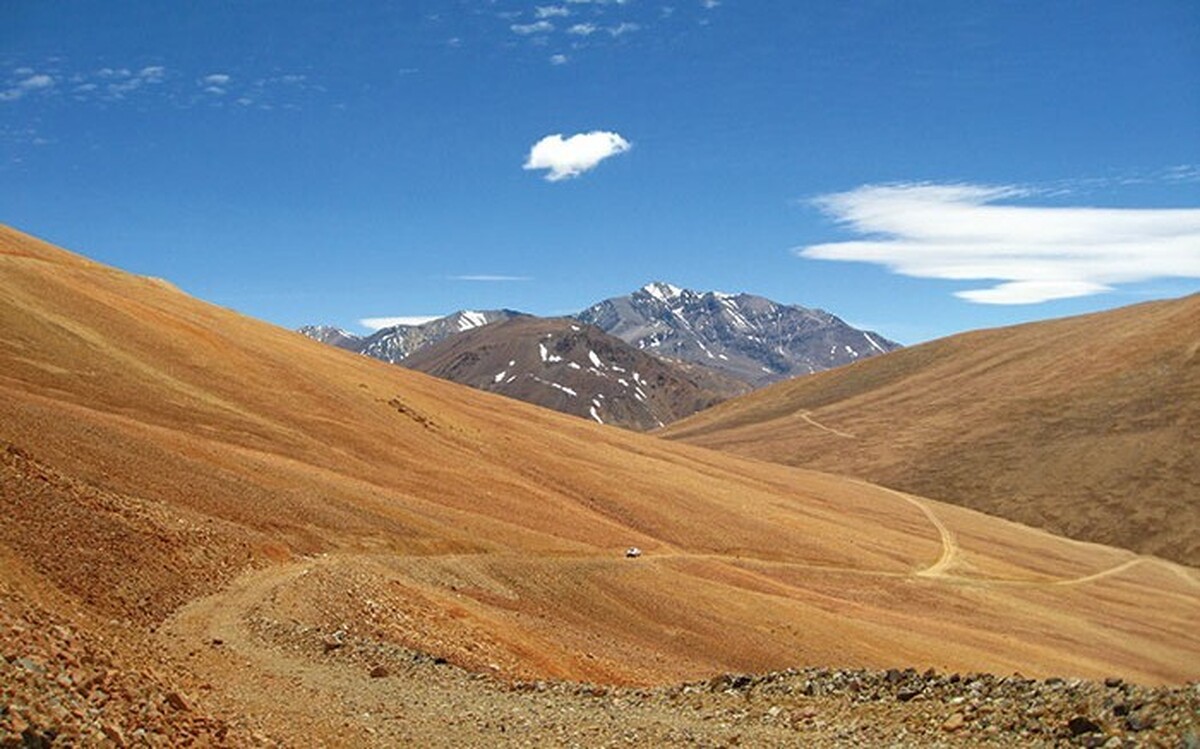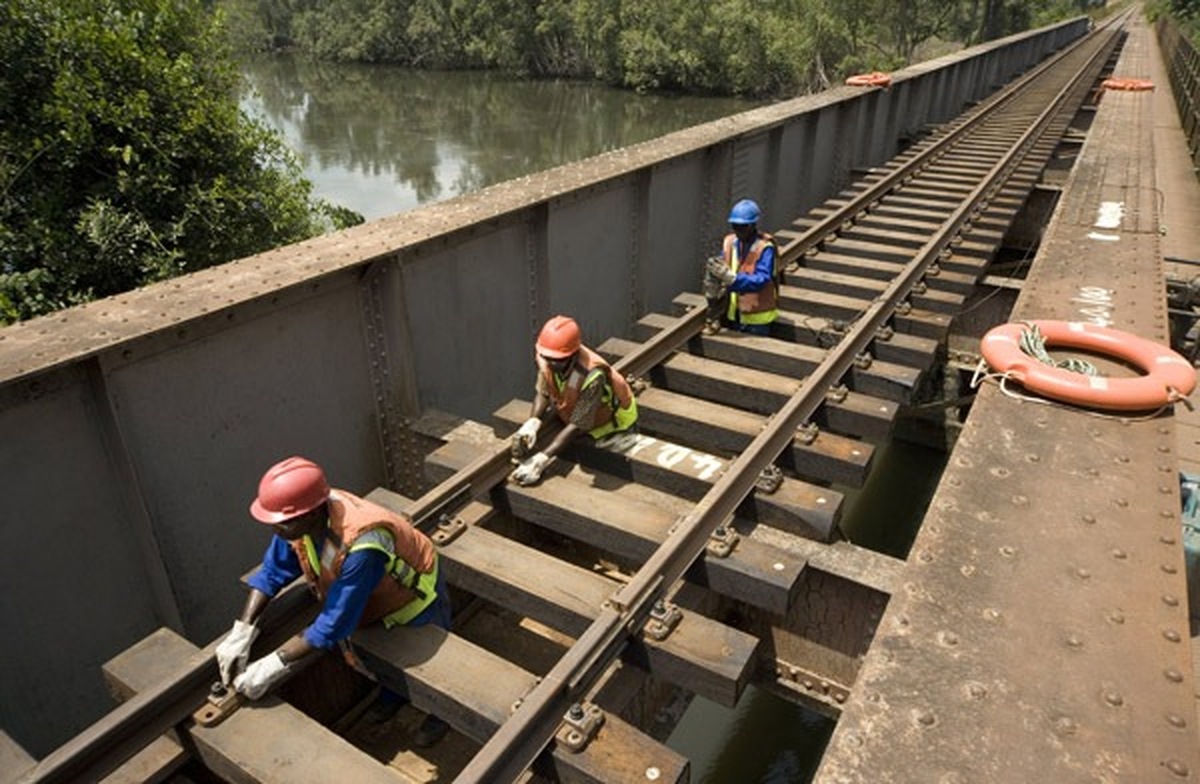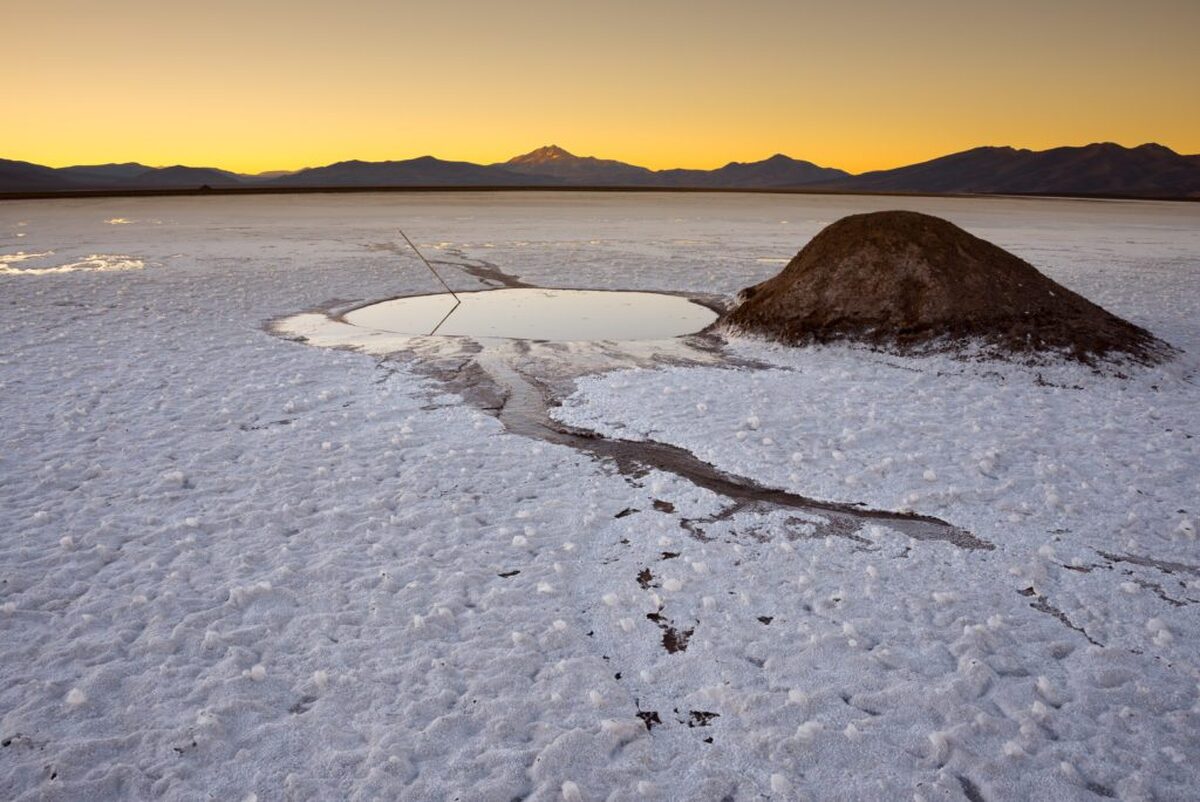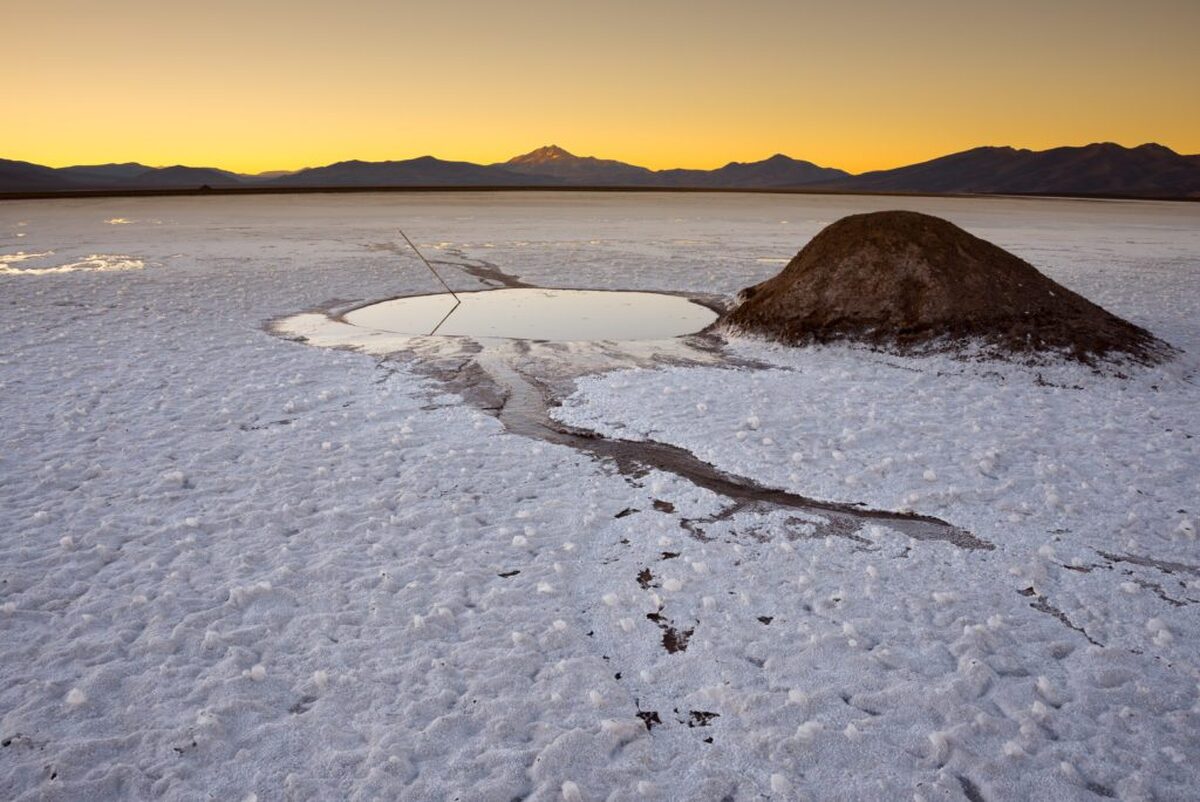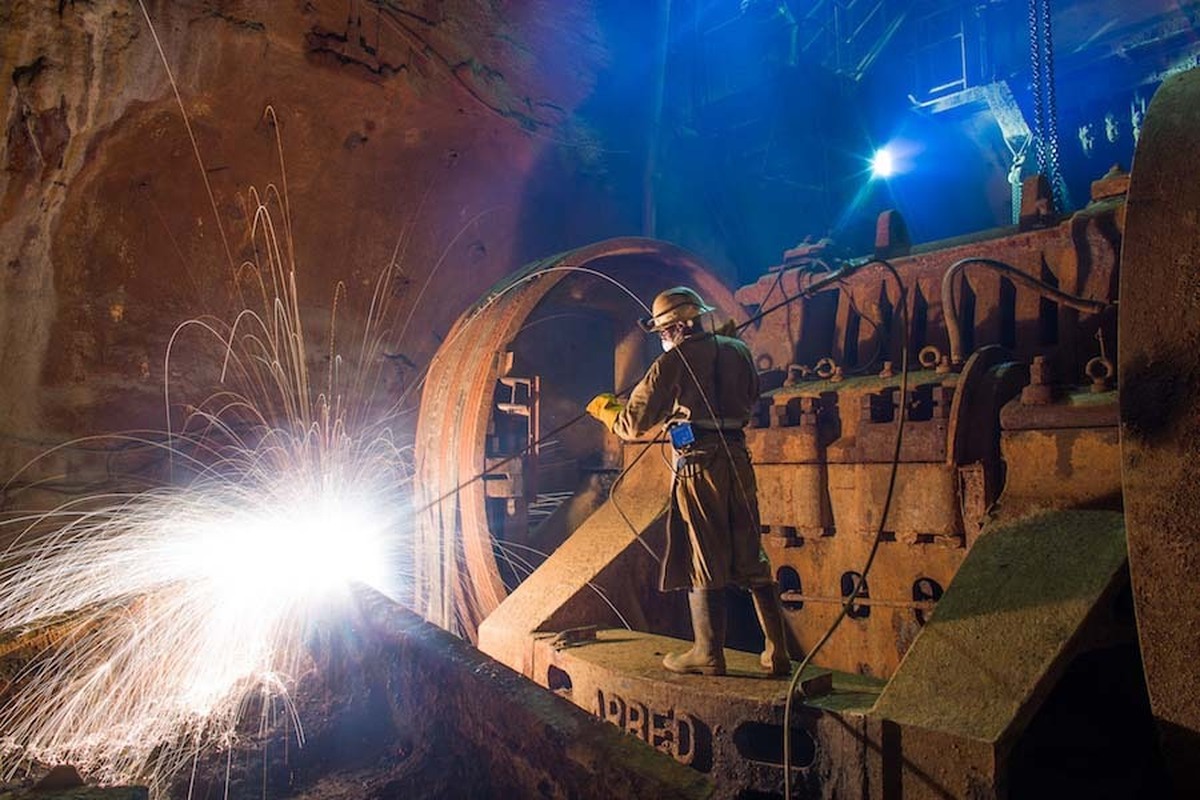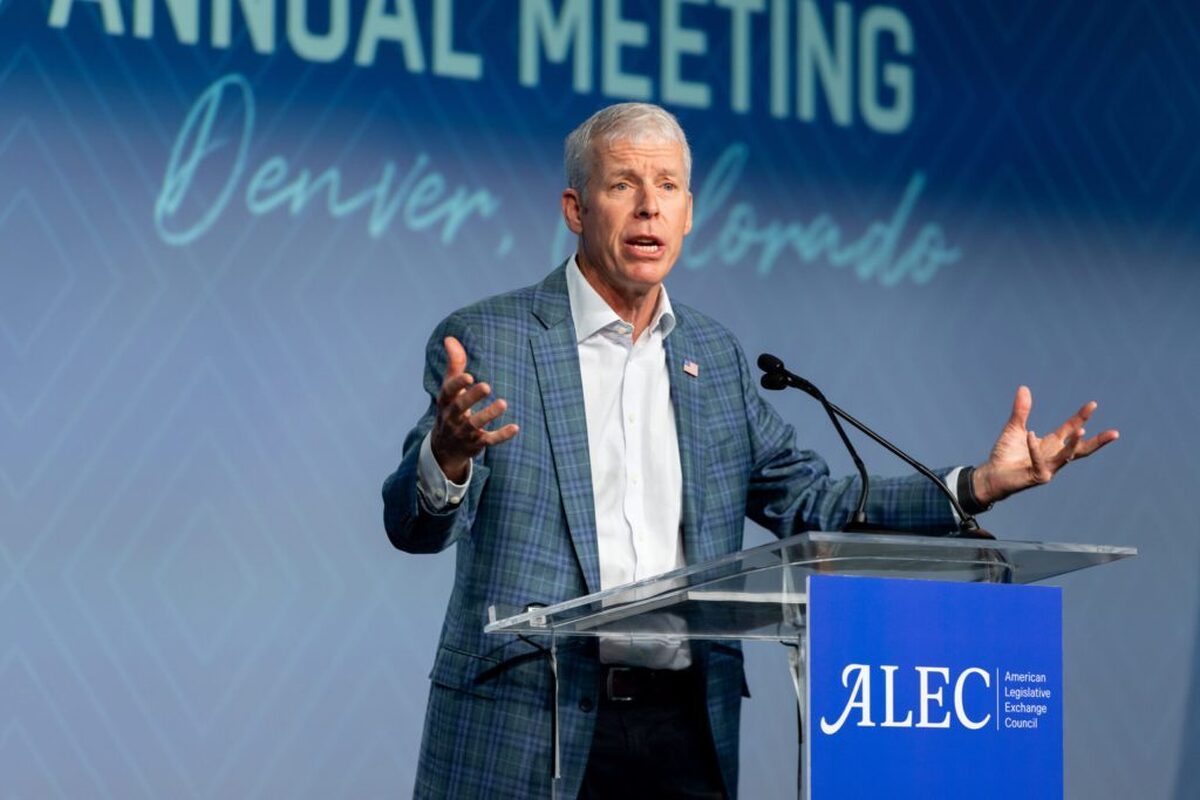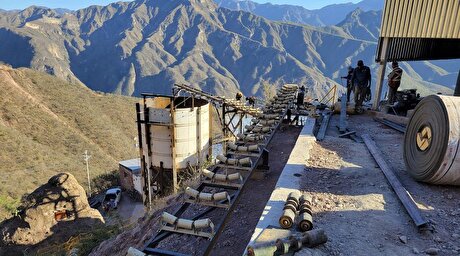
Solar, EVs and a big exit from coal: 2024’s good climate news
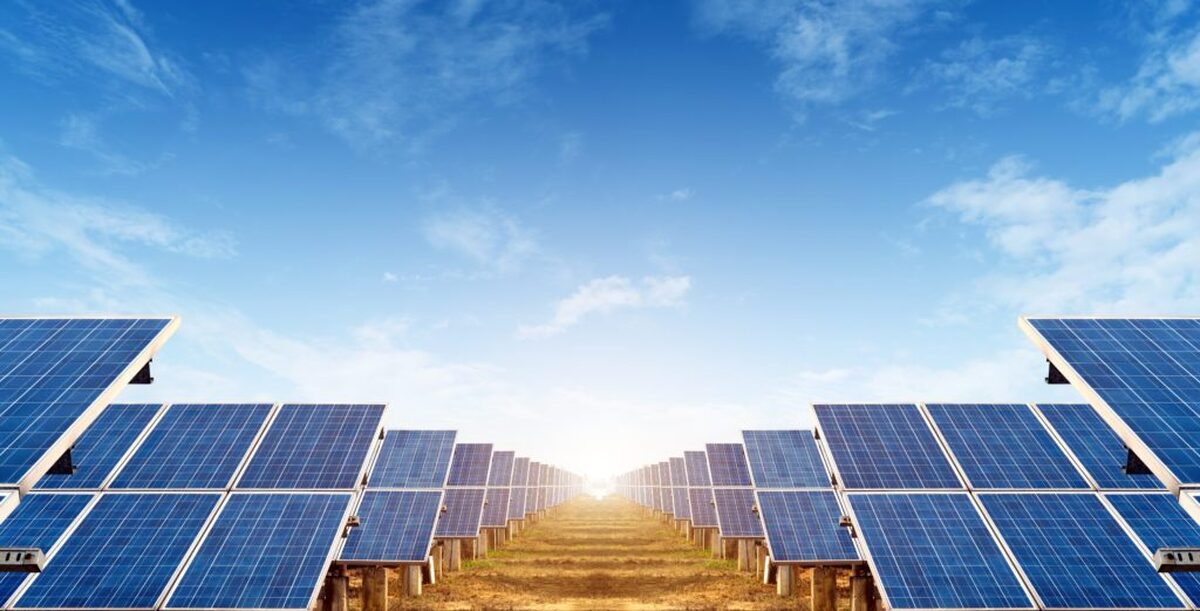
According to me-metals cited from mining.com, Solar installations popped up in unexpected places. Cities experimented with wild adaptation projects. Elderly Swiss women even won a major climate case in a European court. Bloomberg Green covered these events and more. Here’s a round-up of the good news from 2024.
Solar energy had a record year
Solar capacity around the world was rolled out at a record pace, as bargain panel prices helped countries deploy cleaner energy. Major markets like China, India and Germany showed steady growth, while demand soared from countries that previously showed little interest in the energy source, such as Saudi Arabia and Pakistan. Meanwhile, both wind and solar capacity surpassed a target in China almost six years early.
Britain embraced the Sun, ditched coal
The British Library unveiled a £1.5 million ($2 million) solar installation on its roof this year, while the Church of England began generating electricity from a dramatic 438-panel display on a historic chapel in Cambridge. Meanwhile, the UK turned off its last coal-fired power plant at the end of September, marking itself as the first G7 nation to purge the fossil fuel from its electricity mix.
Electric Vehicles
Norway went all in on EVs
Norway prepared to meet its 2025 goal of eliminating fossil-fuel-powered car sales. Incentives and policies have made electric vehicles a mainstay on its roads. Today, EVs make up about 25% of cars in Norway, with around 170 electric-powered models available. The country’s strategy is being seen as a framework for other nations seeking to transition away from fossil fuels.
The US eliminated electron deserts
Electric vehicle range anxiety was put to rest for many drivers in the US in 2024. In the first nine months of the year, the number of fast-charging stations in the country surged by 35%. There are now about 9,000 public sites in the US with much of the infrastructure built in rural areas.
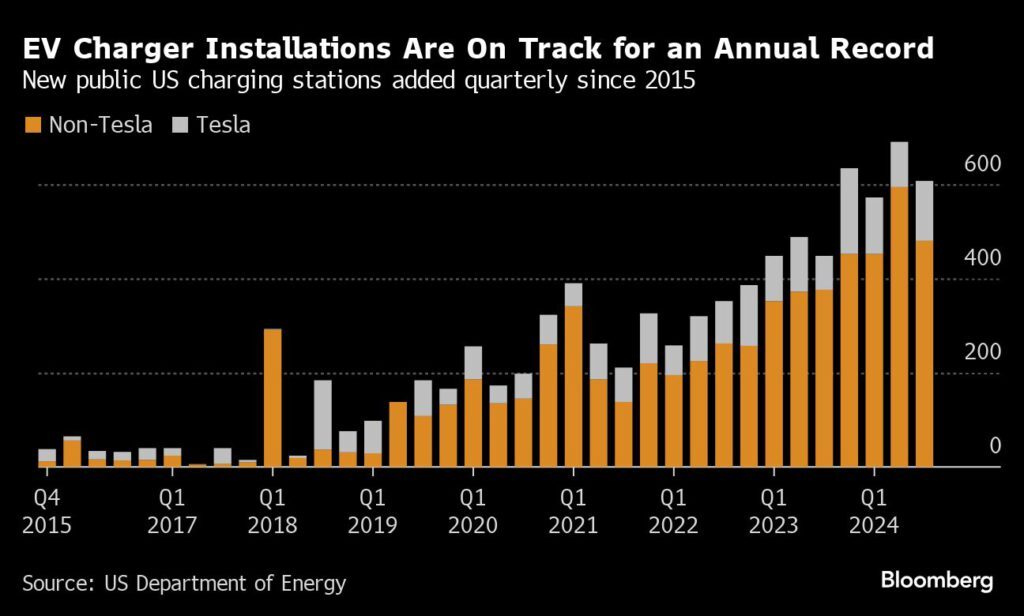
… And rolled out its first electric school buses
A squadron of shiny yellow electric school buses in Oakland, California were the first to serve a major US school district. Now the vehicles’ large batteries can also supply electricity to the Bay Area power grid.
Australia made EVs more attainable
Australia’s government began funding cheap loans to help low-income workers buy electric vehicles in a bid to kickstart slumping sales of battery-powered cars. The IOUs can be used to purchase new or used EVs worth as much as A$55,000.
Policy
Biden’s climate law isn’t all lost
US climate policies are now in question under the Trump administration. Yet this year we learned there are some significant portions of President Joe Biden’s landmark climate law, the Inflation Reduction Act, that will be resilient to the change. Ten-year tax credits to drive investment in clean energy manufacturing are most likely safe. Also, most of the IRA’s climate funding has gone out the door already.
US climate action had local successes
Voters in a number of US cities backed measures to invest in improving public transit. Washington state voted to keep the state’s cap-and-trade program. Californians said yes at the ballot box to support $10 billion of funding for climate resilience. A commercial food waste ban introduced in Massachusetts in 2014, meanwhile, led to a 7% average annual reduction in landfilled and incinerated waste in its first five years of implementation.
Amazon deforestation slowed under Lula
Brazilian President Luiz Inácio Lula da Silva’s promised to get tough on deforestation in the Amazon when he took office at the start of 2023. Early results are promising. Last year the country cut deforestation by 50%, according to government data. This year, it’s dropped a significant amount again, according to Marina Silva, Brazil’s environment minister and top climate diplomat.
Litigation
Older generations stepped up the climate fight
A group of elderly Swiss women won a historic verdict in April. The European Court of Human Rights ruled that the “Swiss Confederation had failed to comply with its duties” concerning climate change and violated the plaintiffs’ rights to respect for private and family life. In the US and UK, a growing number of retirees are playing a major role in protesting fossil fuel expansion and exhorting their contemporaries to vote with the climate in mind.
Solutions
Water was created out of thin air
Startups made new improvements on a technology that can draw water out of the driest skies. Metallic organic frameworks (MOFs) don’t require electricity and can produce H2O with just ambient sunlight.
Cities built up their climate resilience
While the world is still trying to stop global warming from getting worse, many cities prepared for the impacts already being felt. Among the projects happening: Beira, Mozambique is deploying a cyclone warning system; Boulder, Colorado, is becoming a fortress against wildfires; Frankfurt is capturing airflow to stay cool. Nairobi even figured out how to use trash-eating flies to tame dangerous floods.
source: mining.com
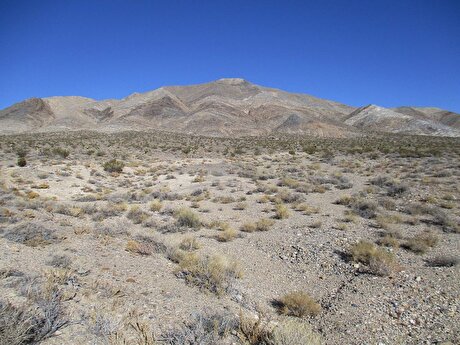
Locksley Resources forms US alliances to establish domestic antimony supply chain
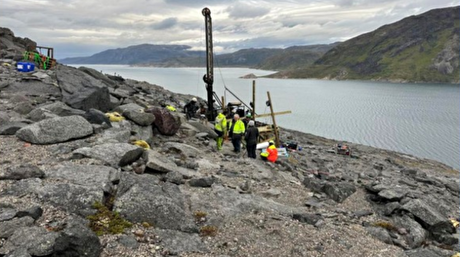
Critical Metals, Ucore ink 10-year offtake deal to supply rare earths to US plant
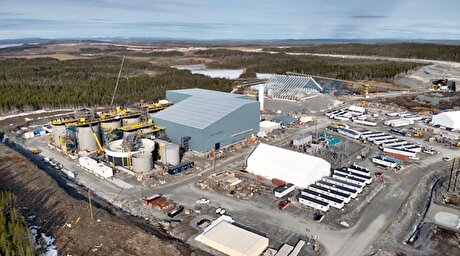
Equinox Gold kicks off ore processing at Valentine mine
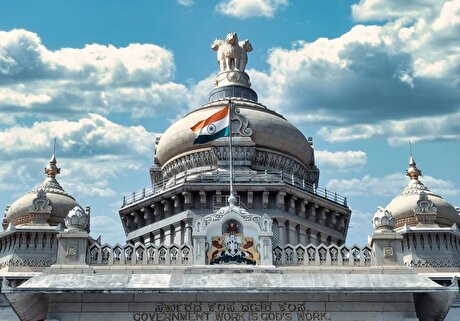
India considers easing restrictions on gold in pension funds

